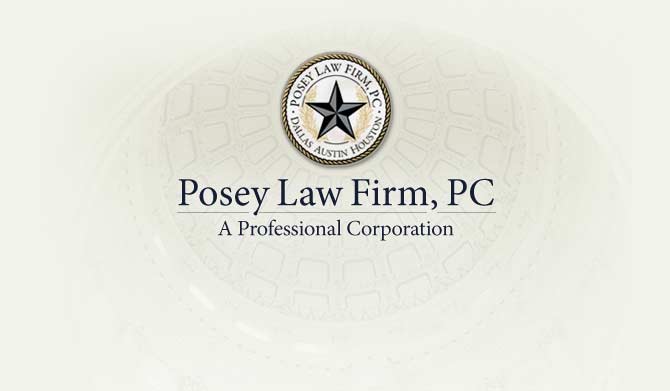The ruling declared two laws that have been on the books since the end of Prohibition to be unconstitutional, according to the Dallas Morning News.
One law prohibits publicly-traded chain stores, such as Walmart, from selling hard liquor. Judge Pittman noted in his ruling that Texas is the only state in the Union to have such a law on the books.
Judge Pittman struck down another law that allowed family-owned businesses to acquire package liquor licenses virtually without limit. Other types of businesses are restricted to only five such licenses. A family-owned business can possess five license per family member, including siblings and children.
The Texas Package Stores Association, on behalf of existing liquor stores ranging from small Mom-and-Pop operations to bigger chains such as Spec's Wine, Spirits, and Finer Foods, has vowed to fight the ruling. Having publicly-held chain stores such as Walmart allowed to sell liquor will disrupt the way spirits are marketed in the state of Texas.
Currently, Walmart stores, including its Sam's stores, carry beer and wine. Should Judge Pittman's ruling be upheld on appeal, the company's plan is to build liquor stores, with separate entrances, next to the big-box stores.
The position of the Texas Package Stores Association is that allowing Walmart to sell liquor would hurt small businesses. The fear is not an unfounded one. Walmart has, through its economies of scale, been able to undercut smaller retail businesses by selling a wide variety of products at cheaper prices. Walmart's position is that allowing the huge store chain to sell adult beverages will benefit consumers. It maintains that the two laws that Judge Pittman struck down violates the Equal Protection and Dormant Commerce clauses of the United States Constitution.

